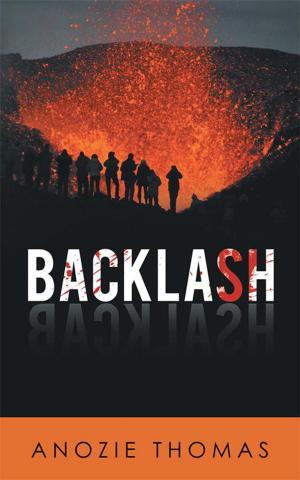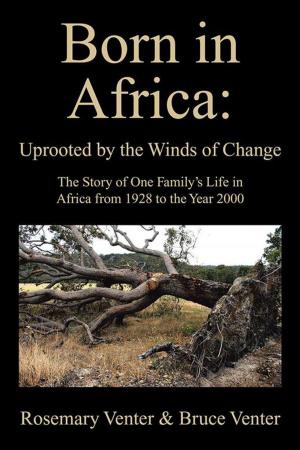| Author: | M.J. Poynter | ISBN: | 9781456776572 |
| Publisher: | AuthorHouse UK | Publication: | June 10, 2011 |
| Imprint: | AuthorHouse UK | Language: | English |
| Author: | M.J. Poynter |
| ISBN: | 9781456776572 |
| Publisher: | AuthorHouse UK |
| Publication: | June 10, 2011 |
| Imprint: | AuthorHouse UK |
| Language: | English |
Beatnik is a bohemian memoir set in the city of Durban in 1990. M. J. Poynter is a young college student immersed in the vibrant world of performing arts. Under the bright lights of the theatre the author spends his time designing sets and writing poetry. But offstage his carefree life as a beatnik is about to end. Nelson Mandela has just been released from prison and South Africa is on the cusp of political change. Set in a coastal city overlooking the Indian Ocean, Beatnik follows the exploits of four young students who see the need for political reform but who fear the prospect of an ANC government. Told through a series of amusing anecdotes, the author provides an insightful commentary of political events, captures the pop culture of the 1990s, and provides a creative outlet for some of his poems. Set against a backdrop of township violence and instability, M. J. Poynter recollects the final years of apartheid and the end of white minority rule.
Beatnik is a bohemian memoir set in the city of Durban in 1990. M. J. Poynter is a young college student immersed in the vibrant world of performing arts. Under the bright lights of the theatre the author spends his time designing sets and writing poetry. But offstage his carefree life as a beatnik is about to end. Nelson Mandela has just been released from prison and South Africa is on the cusp of political change. Set in a coastal city overlooking the Indian Ocean, Beatnik follows the exploits of four young students who see the need for political reform but who fear the prospect of an ANC government. Told through a series of amusing anecdotes, the author provides an insightful commentary of political events, captures the pop culture of the 1990s, and provides a creative outlet for some of his poems. Set against a backdrop of township violence and instability, M. J. Poynter recollects the final years of apartheid and the end of white minority rule.















